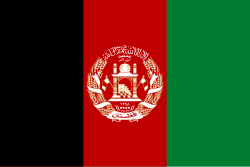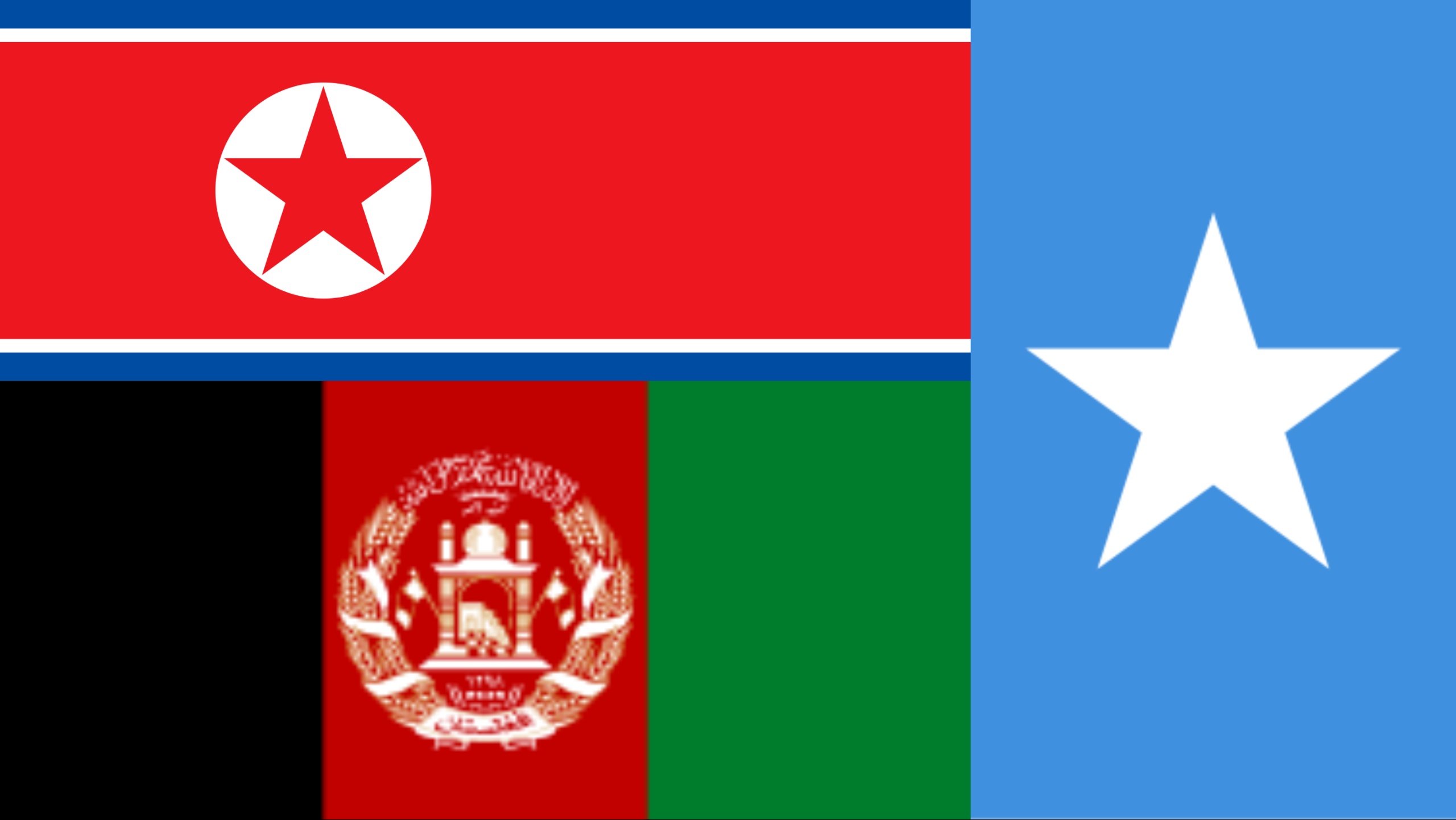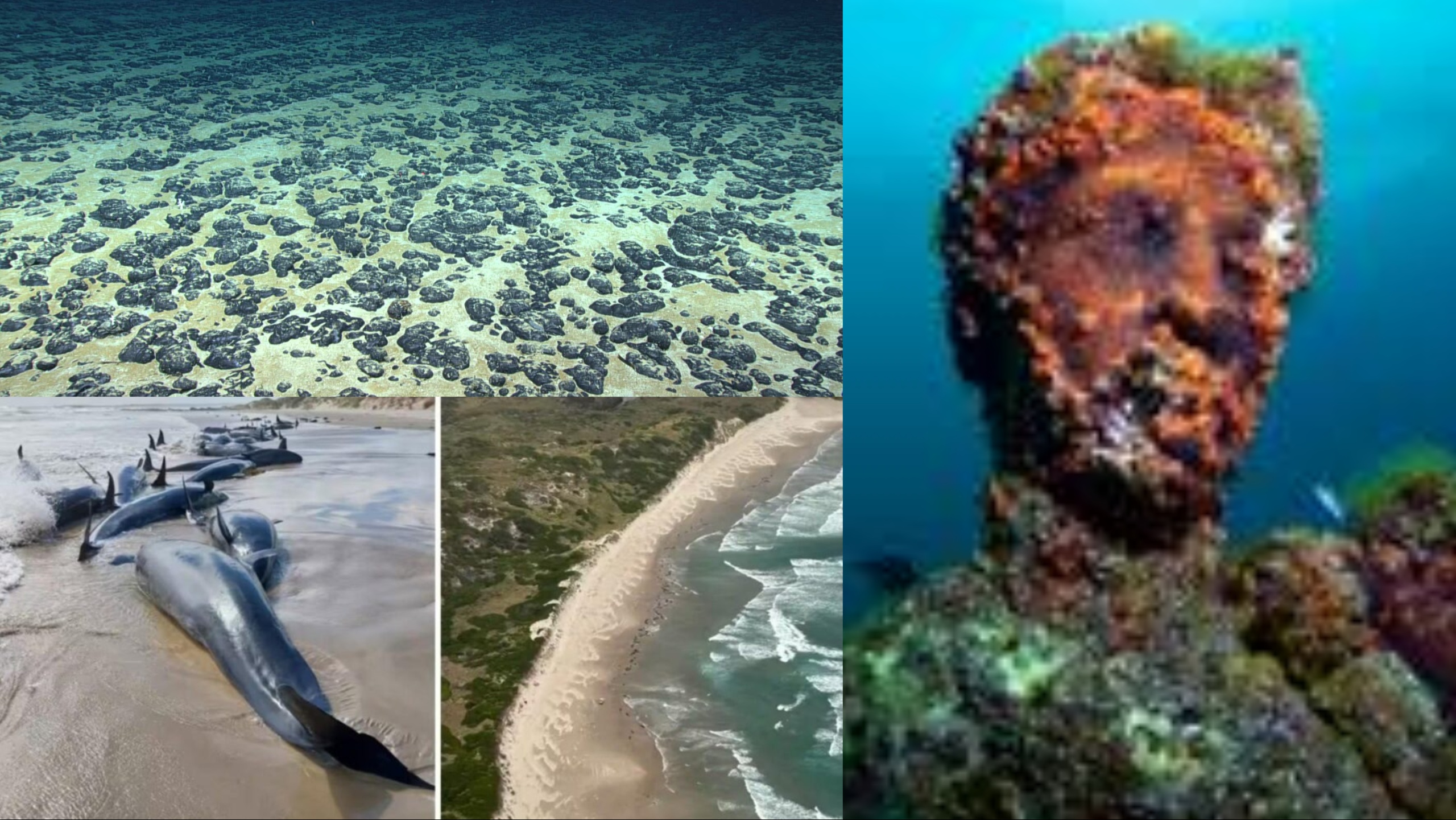Introduction
Travel has become one of the most liberating and enlightening experiences of the modern era. With an ever-expanding world of cultures, foods, landscapes, and histories, travelers today have more opportunities than ever to explore new places. However, not every destination is currently safe or advisable to visit. Some countries face serious crises—from armed conflict and political instability to violent crime and human rights violations—that put tourists at significant risk.
This article does not aim to insult or stigmatize any nation or its people. Rather, it aims to provide objective information based on current data, including travel advisories, civil unrest reports, and humanitarian issues. In 2025, there are several countries where travel is strongly discouraged for safety and ethical reasons.
Here are three countries you should not visit in 2025—and the complex reasons behind each recommendation.

1. Afghanistan
A Country in Constant Turmoil
Afghanistan is one of the most geopolitically complex countries in the world. With a history shaped by foreign invasions, internal conflict, tribal divisions, and religious extremism, the nation has endured continuous war for over four decades. Since the Taliban returned to power in August 2021, the situation has only worsened for civilians and especially for women.
Safety Concerns
- Terrorism and Armed Conflict:
Afghanistan remains one of the most dangerous countries in the world. ISIS-K (Islamic State – Khorasan Province), the Taliban, and other extremist groups carry out frequent attacks. Suicide bombings, roadside IEDs, and gun battles are part of daily life in many regions. - Targeting of Foreigners:
Foreigners are often perceived as either spies or high-value targets. Kidnappings for ransom and politically motivated killings have occurred. International NGOs and journalists are frequently threatened. - Lack of Infrastructure:
After decades of war, infrastructure is poor. Roads are unsafe, hospitals are under-equipped, and there’s little emergency response capability. Internet and communication networks are unreliable or censored.
Humanitarian and Ethical Considerations
- Women’s Rights:
Women have lost most of their rights under Taliban rule. Girls are banned from secondary and higher education, women can’t travel alone, and many are restricted from working outside the home. - Cultural Erasure:
Ancient cultural landmarks, such as the Buddhas of Bamiyan, have been destroyed by extremist groups. The nation’s historical heritage is under constant threat. - Press Freedom:
Independent journalism is all but dead in Afghanistan. Local reporters risk execution, and foreign journalists are rarely allowed in without strict oversight.
Conclusion: Avoid for Now
Afghanistan is rich in history and natural beauty, but under current conditions, it is not safe for tourists. Until the political situation stabilizes and human rights are restored, it remains one of the least advisable countries to visit.

2. North Korea (DPRK)
A Country Hidden from the World
North Korea is arguably the most secretive and isolated country on Earth. Run by the Kim dynasty since its founding in 1948, it operates under an extreme authoritarian regime. The government maintains tight control over all aspects of life, from internet access to personal relationships.
Safety Concerns
- Totalitarian Surveillance:
Every tourist is under constant surveillance. Visitors must book through government-approved tour agencies, and minders accompany them everywhere. Taking photos in unauthorized areas can lead to arrest. - Draconian Laws:
Even minor infractions—such as not bowing to a statue of Kim Il-sung, or tearing currency with a leader’s face on it—can result in imprisonment or worse. The 2017 case of American student Otto Warmbier, who died after being detained, illustrates these dangers. - No Diplomatic Help:
Most countries have no diplomatic presence in North Korea. If something goes wrong, there is little to no recourse for legal or medical assistance. You are completely at the mercy of the regime.
Ethical Concerns
- Support for a Brutal Regime:
Traveling to North Korea indirectly funds the regime’s operations, including its nuclear weapons program and suppression of civil liberties. Some argue that visiting as a tourist amounts to complicity in these abuses. - Human Rights Violations:
According to the UN and numerous NGOs, North Korea operates political prison camps where torture, forced labor, and public executions are routine. Freedom of speech, movement, and religion are non-existent. - Fabricated Tourism Experience:
Tourists see a carefully curated, artificial version of the country. You are shown staged parades, spotless streets, and “model” workers, while widespread poverty and repression are hidden.
Conclusion: Unsafe and Unethical
While a few travelers are tempted by the allure of visiting a forbidden land, the extreme risks, both personal and ethical, make North Korea a country to avoid. Real change must occur before tourism becomes a responsible option.

3. Somalia
A Nation Struggling for Stability
Somalia has faced near-continuous conflict since the early 1990s when the central government collapsed. Despite some recent progress, large swaths of the country remain lawless, controlled by warlords, tribal militias, or terrorist groups like Al-Shabaab.
Safety Concerns
- High Crime and Violence:
Somalia suffers from some of the highest rates of violent crime and kidnapping in the world. Carjackings, armed robberies, and targeted attacks against foreigners are frequent. Even the capital, Mogadishu, is extremely dangerous. - Terrorism:
Al-Shabaab regularly launches bombings and suicide attacks in public spaces such as markets, hotels, and government buildings. Westerners are seen as primary targets, both for ideological and ransom reasons. - Piracy and Maritime Dangers:
The Somali coast remains infamous for piracy. The Gulf of Aden and nearby waters are risky for yachts and shipping vessels, despite international naval patrols. - No Functioning Government in Some Areas:
Outside of certain regions like Somaliland and Puntland, central authority is often absent. There’s no reliable police, military, or judicial system.
Infrastructure and Accessibility Issues
- Healthcare Collapse:
Hospitals are underfunded and ill-equipped. Many areas have no functioning medical services at all. If you’re injured, there may be no safe or timely evacuation. - Poor Transportation:
Roads are dangerous or non-existent. Flights are irregular, and local airlines have weak safety records. - Famine and Drought:
Climate-related issues have added another layer of crisis. Somalia has suffered repeated droughts and food shortages, displacing millions and stretching aid organizations to their limits.
Ethical Considerations
- Draining Humanitarian Resources:
Tourists who fall into trouble in Somalia often require expensive and dangerous rescue operations. These pull resources away from aid missions meant for civilians in need. - Cultural Sensitivity Risks:
Somalia is deeply conservative. Cultural misunderstandings—especially around clothing, photography, and interaction with locals—can lead to serious incidents.
Conclusion: Extreme Caution Advised
Despite the resilience and hospitality of Somali people, the country is not safe for tourism. With ongoing terror threats, instability, and humanitarian crises, it’s best left to humanitarian workers and journalists with the resources and training to navigate such environments.
Other Countries with Travel Warnings (Honorable Mentions)
While the above three are particularly high-risk, other countries currently under serious travel advisories include:
- Yemen: Civil war, famine, and a collapsed healthcare system.
- Syria: Active war zones and foreign troop presence.
- Venezuela: Economic collapse, street crime, and political persecution.
- South Sudan: Interethnic violence, child soldier recruitment, and famine.
Each of these countries has a rich culture and proud people, but current conditions make tourism difficult, dangerous, or morally problematic.
Conclusion: Travel Responsibly, Not Just Adventurously
In 2025, the world is more connected than ever before. Yet, the freedom to travel comes with a moral and personal responsibility. While it might be tempting to visit “off-limits” countries for the thrill or to witness their raw reality, it’s vital to consider the safety risks, ethical implications, and impact on local communities.
Countries like Afghanistan, North Korea, and Somalia are not just unsafe—they’re struggling through complex humanitarian, political, and security crises. Traveling to such nations not only endangers you but may indirectly support regimes or groups responsible for massive suffering.
Instead, choose destinations where tourism can make a positive difference. Seek countries that are open, peaceful, and eager to welcome visitors. The world is vast, beautiful, and waiting—but some places, for now, are better observed from afar with respect and caution.




